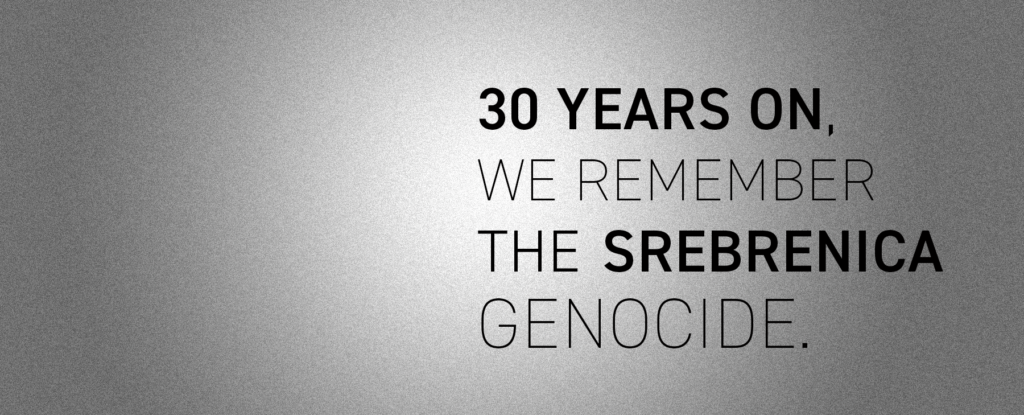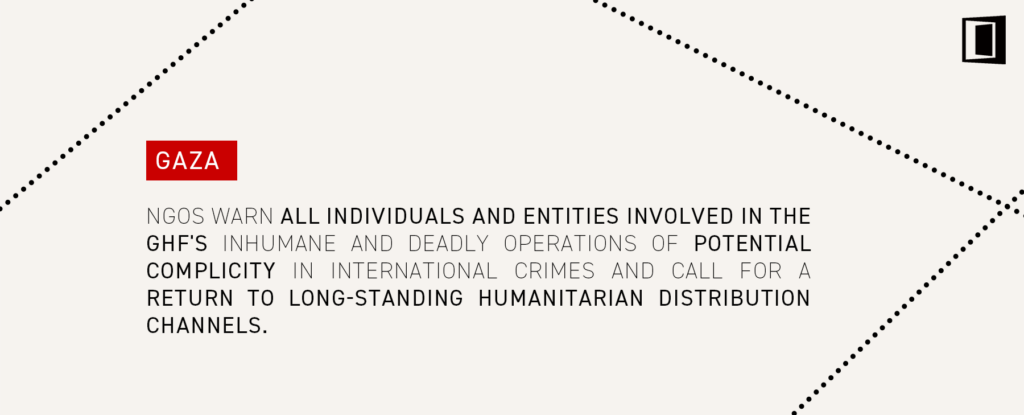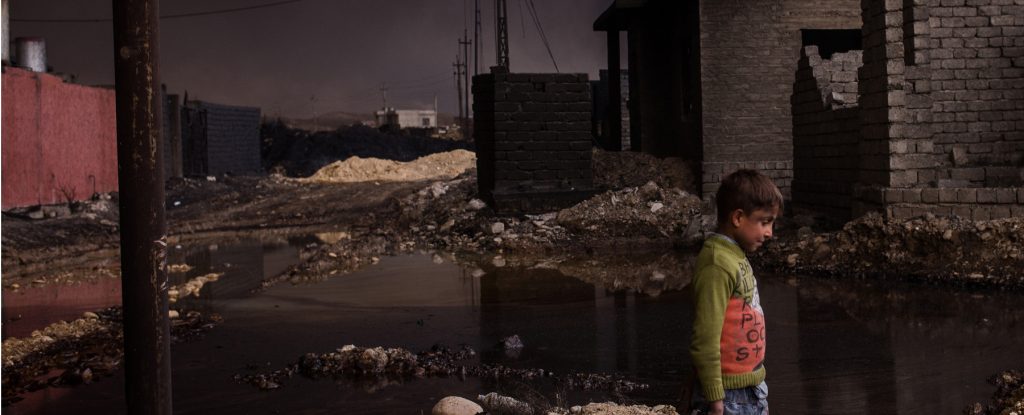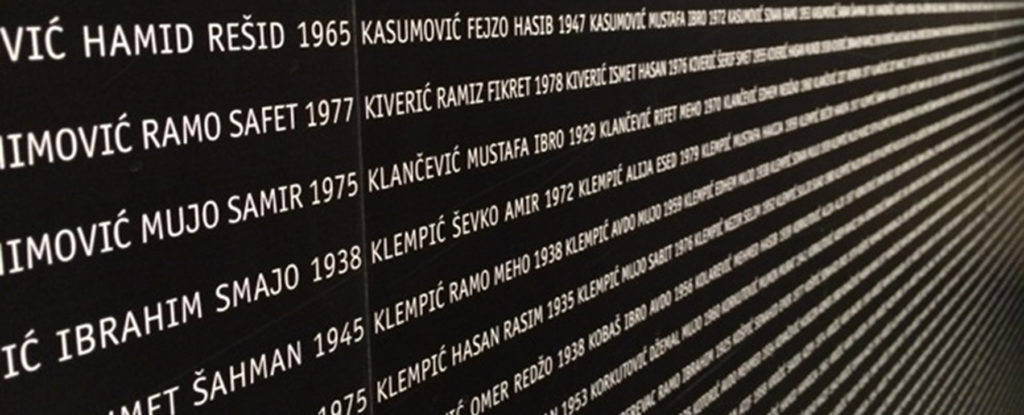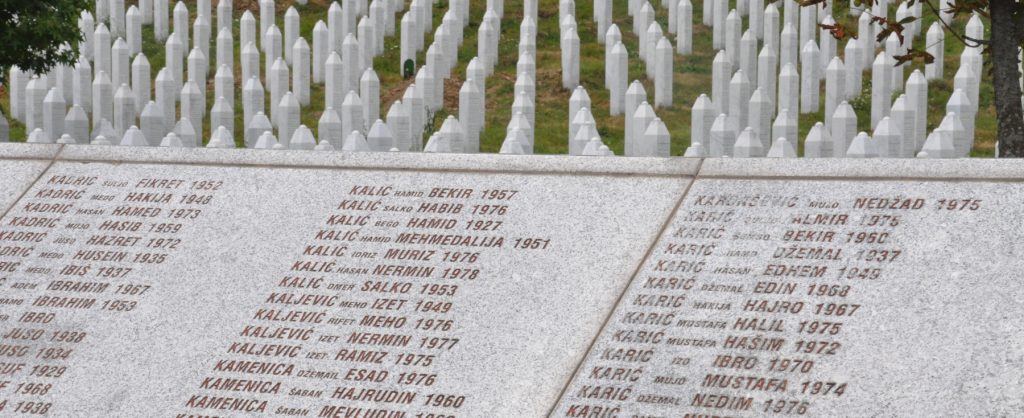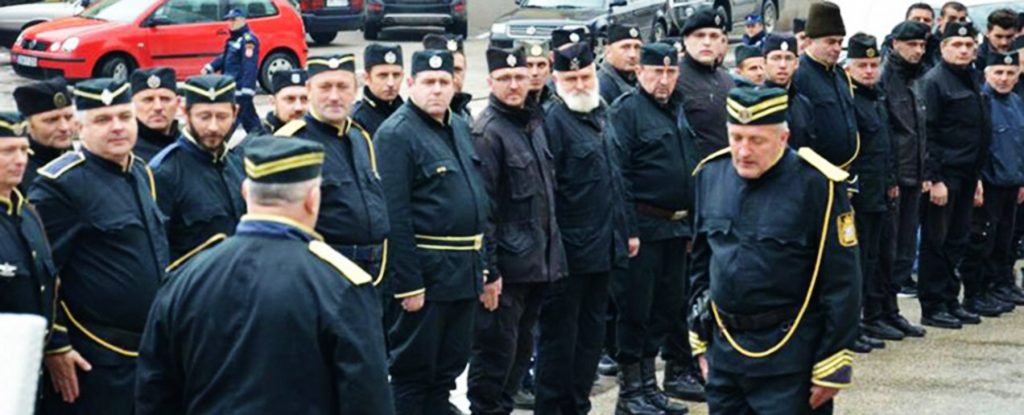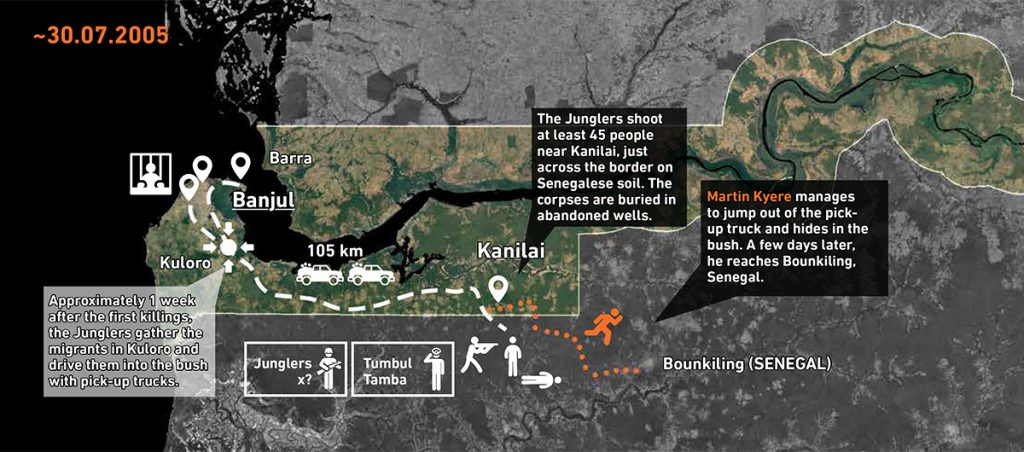Call it for what it is: why rejecting the term “genocide” is not merely a legal debate
An op-ed by Adisa Fisic
On the 68th anniversary of the Convention against Genocide, Bosnia and Herzegovina is still struggling to come to terms with its history.
As a young individual living in a post-conflict society, I have always wondered how someone could want to destroy a group of people for the simple reason that they are members of a different ethnic or religious group. And how it is possible that in the 20th century, we have not been able to prevent mass atrocities like those that occurred in the Balkans?
What makes genocide so special?
What distinguishes genocide from other criminal offences is the existence of a genocidal intent. It must be proven that the crimes in question (killing, causing serious bodily or mental harm, imposing measures intended to prevent births in the group, etc.) were committed with the ultimate goal to destroy, in whole or in part, a specific group. As genocidal intent is notoriously difficult to prove in criminal proceedings, convictions for genocide are comparatively rare.
Genocide is also a morally loaded concept. Until today, it always provokes a reaction in public discourse in the Balkans. A case involving alleged genocide is widely covered by the media, with different stakeholders analyzing the case and the ways in which a verdict could potentially influence the reconciliation processes on the ground.
Ethnic division is a reality in present-day Bosnia
The Srebrenica genocide is considered to be the worst on European soil after the Holocaust. And yet, ignorance and denial of that episode – where 8’000 boys and men were murdered – are still very much alive in the Balkans. It is not rare for officials from Serbia and Republika Srpska, an entity in BiH, to claim that crimes in Srebrenica did not amount to genocide and to reject the use of that term.
For example, in 2007 the International Court of Justice found that Serbia had breached the Genocide Convention by failing to prevent the genocide in Srebrenica. This was the first time that a state had been found in violation of the convention. Yet 3 years later, the Serbian parliament adopted a resolution condemning the Srebrenica massacre but failing to describe it as genocide.
Rejecting the use of the term genocide is not solely a legal matter. Sadly, this approach reflects the fact that there is still no common understanding of the wars in the former Yugoslavia. As a result, political utilization of historical facts still runs high. Even facts established by international courts are rejected as propaganda, while convicted war criminals are hailed as national heroes.
These divisions are seen in, and reinforced in the education system. certain schools still adopt the “two schools under one roof” policy, meaning that different ethnic groups are separated in different classes, which use different curricula and textbooks. With no opportunity to interact and no mutual understanding, how can future generations move forward and transcend the divisions that beget the war?
I am deeply worried that children born after the war will grow up having completely different understandings of recent history. Humanity failed spectacularly to prevent genocide in the 1990s. It is not too late, however, to prevent future generations from failing as well.
Adisa Fisic, BiH Legal Advisor
@AdisaFisic

